World
The modern world cannot be studied without examining the course, impact and legacy of two world wars, the resources in this section set out to look at both the First and Second World Wars in their global context. The section also includes the Cold War and its impact in Latin America, South-East Asia and parts of Africa. This period also sees the rise and fall of European imperialism and the changing nature of global politics and economics as technology brings different stories from so many parts of the world directly to us. Read more
Sort by:
Date (Newest first) | Title A-Z
Show:
All |
Articles |
Podcasts |
Multipage Articles
-
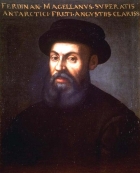
The Great Powers in the Pacific
ArticleClick to view -
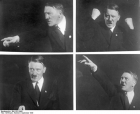
The Origins of the Second Great War
ArticleClick to view -

'Women and Children first!' a lost tale of Empire and Heroism
ArticleClick to view -

Historical Events or People in 10 Tweets - The Crimean War
ArticleClick to view -
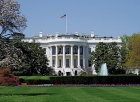
The Long Winding Road to the White House
ArticleClick to view -

Antarctica 100 years on from Captain Scott
ArticleClick to view -

TV: modern father of history?
ArticleClick to view -
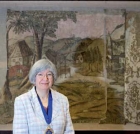
The President's Column 112
ArticleClick to view -
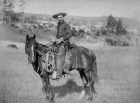
Have gun, will travel: The myth of the frontier in the Hollywood Western
ArticleClick to view -
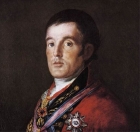
The Undergrowth of History
ArticleClick to view -

India and the British war effort, 1939-1945
ArticleClick to view -
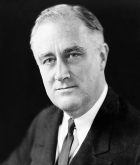
Franklin D. Roosevelt and the New Deal
ArticleClick to view -
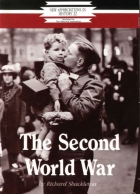
The Second World War
ArticleClick to view -
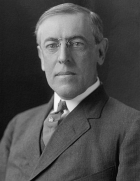
The British Government's Confidential Files on the United States
ArticleClick to view -
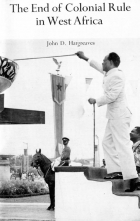
The End of Colonial Rule in West Africa
ArticleClick to view -
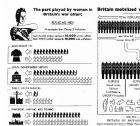
Diagrams in History
ArticleClick to view -
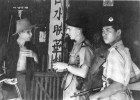
Imperialism resurgent: European attempts to 'recolonise' South East Asia after 1945
ArticleClick to view -

President Barack Obama and the State of the Union Address
ArticleClick to view -

The Journey to Icarie and Reunion: A Romance of Socialism on the Texas Frontier
ArticleClick to view -

Historical Diary: An Eighteenth-Century Gap Year
ArticleClick to view

